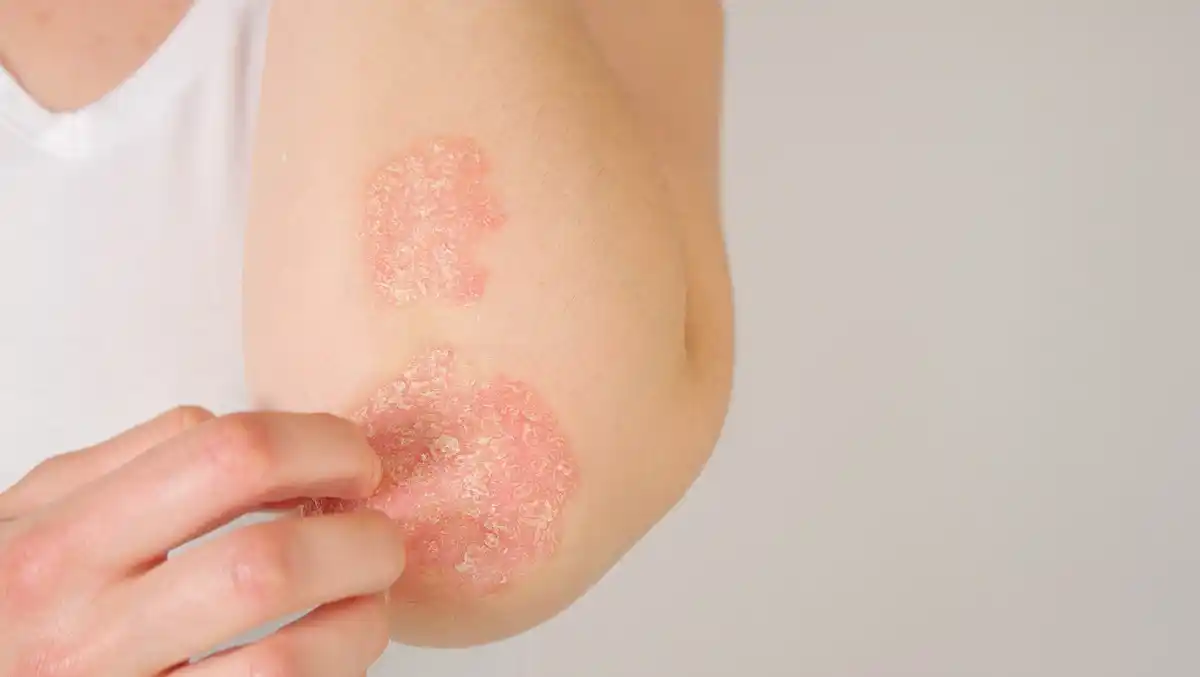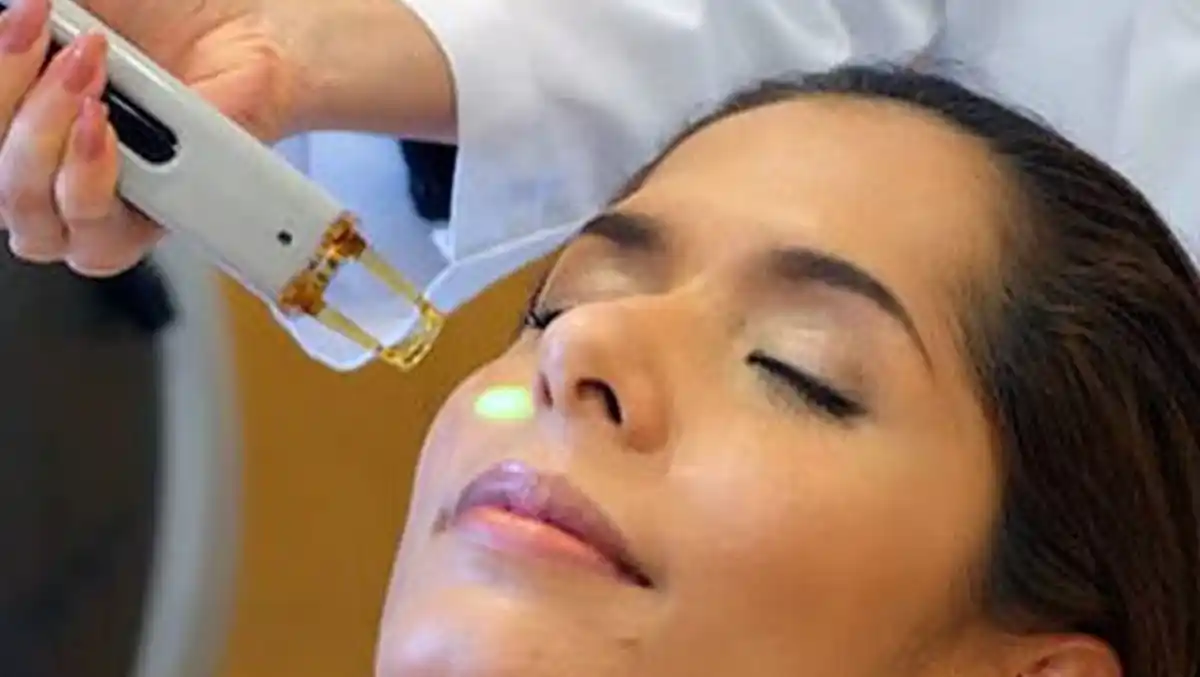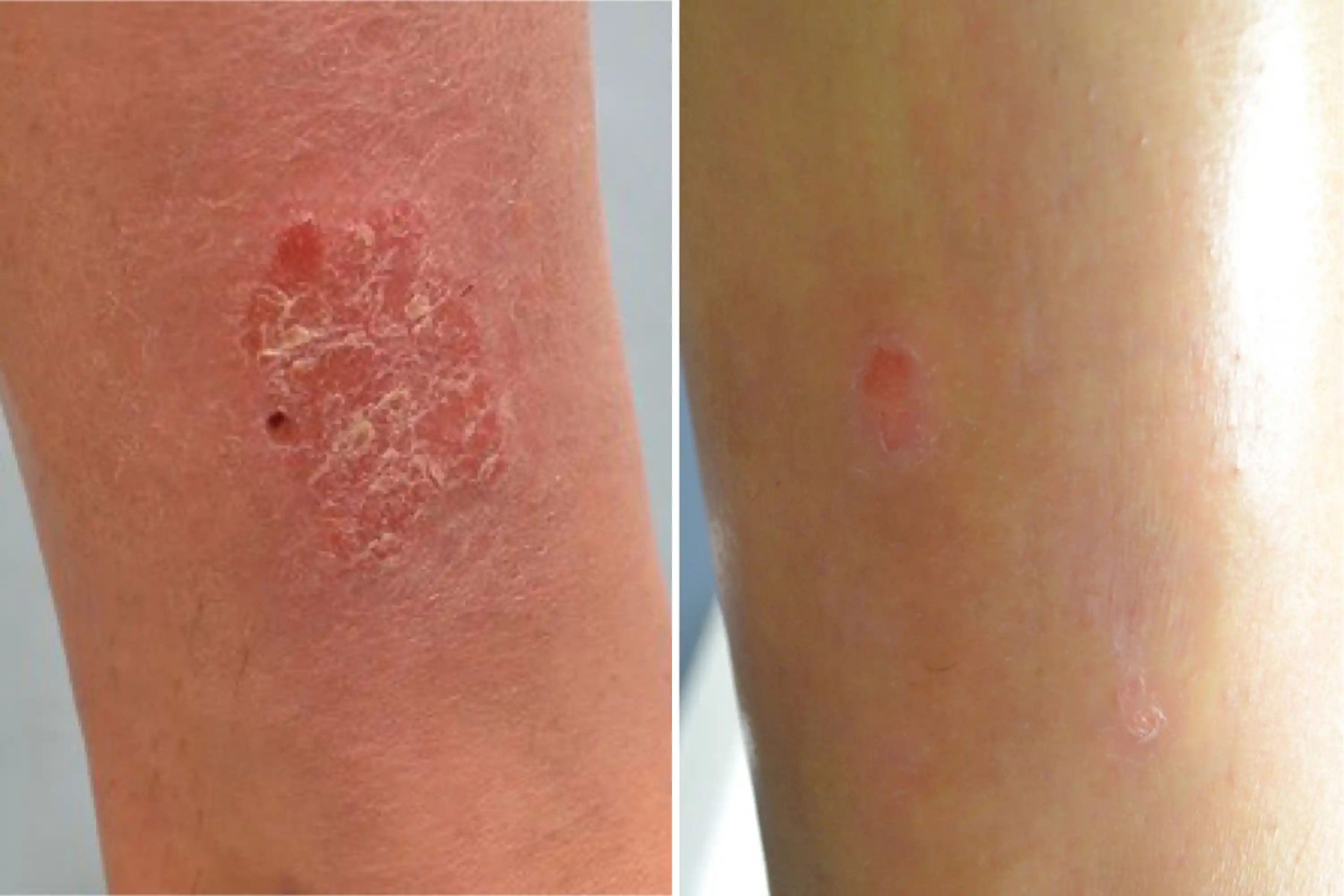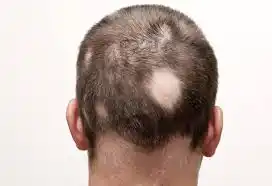Excimer laser therapy is a cutting-edge treatment used to target specific skin conditions such as vitiligo, psoriasis, and alopecia areata. The excimer laser emits concentrated UVB light (308 nm), which helps reduce inflammation, promote pigment production, and stimulate hair regrowth in the affected areas. This precise, non-invasive treatment option offers excellent results for those seeking to manage chronic skin disorders effectively.
Conditions Treated with Excimer Laser:
Vitiligo: Vitiligo is a skin condition that causes the loss of pigment, resulting in white patches on different areas of the body. The excimer laser helps stimulate melanocyte activity in the skin, encouraging pigment production and repigmentation of the affected areas.
Psoriasis: Psoriasis is a chronic inflammatory skin condition characterized by red, scaly patches of skin. The excimer laser targets these plaques with UVB light, helping to slow down the rapid skin cell turnover and reduce inflammation, leading to clearer skin.
Alopecia Areata: Alopecia areata is an autoimmune condition that causes hair loss in small, round patches on the scalp and other parts of the body. The excimer laser can help stimulate hair regrowth by modulating the immune response in the affected areas and promoting hair follicle activity.
Symptoms That May Lead to Excimer Laser Treatment:
- Vitiligo Symptoms:
- The scar area appears darker or lighter than the surrounding skin.
- Loss of pigment on the face, hands, or other visible areas
- Progressive spread of depigmentation
- Psoriasis Symptoms:
- Red, inflamed patches of skin covered with silvery scales.
- Itching, burning, or discomfort in the affected areas
- Thickened, cracked, or dry skin that may bleed
- Alopecia Areata Symptoms:
- Sudden hair loss in small, round patches.
- Bald spots on the scalp, eyebrows, or beard
- Thinning or breakage of hair near the edges of the patches
What to Do Before Excimer Laser Treatment:
- Consultation with a Dermatologist: A comprehensive consultation with a dermatologist is essential to determine if excimer laser therapy is suitable for your condition. The doctor will evaluate the severity of your skin disorder and create a personalized treatment plan.
- Pre-Treatment Instructions: Your dermatologist may recommend avoiding sun exposure and specific skincare products before treatment to reduce sensitivity and prevent adverse reactions.
- Skin Sensitivity Test: In some cases, a small test patch may be treated with the laser to ensure that the skin responds positively to the UVB light before proceeding with full treatment.
- Realistic Expectations: While excimer laser treatment is effective, it often requires multiple sessions to achieve optimal results. Your dermatologist will guide you on the number of treatments needed based on your condition.
Post-Treatment Care for Excimer Laser Therapy:
- Skin Protection: After each session, it’s important to protect the treated areas from sunlight. Applying sunscreen with high SPF or covering the treated areas will prevent hyperpigmentation.
- Moisturize: Use gentle moisturizers as recommended by your dermatologist to keep the skin hydrated and support healing.
- Avoid Harsh Products: Refrain from using harsh or exfoliating products on the treated areas to prevent irritation.
- Follow-Up Sessions: Consistent follow-up treatments may be necessary to achieve the desired outcome. The number of sessions varies depending on the condition and its severity.
Conclusion:
Excimer laser therapy is a highly effective, targeted treatment for skin conditions such as vitiligo, psoriasis, and alopecia areata. By focusing UVB light directly on the affected areas, this treatment helps reduce symptoms, improve skin appearance, and stimulate hair regrowth. With minimal side effects and a focused approach, excimer laser therapy is an excellent option for patients looking for advanced care. Regular follow-up sessions and ongoing care, as advised by a dermatologist, ensure the best long-term results.




